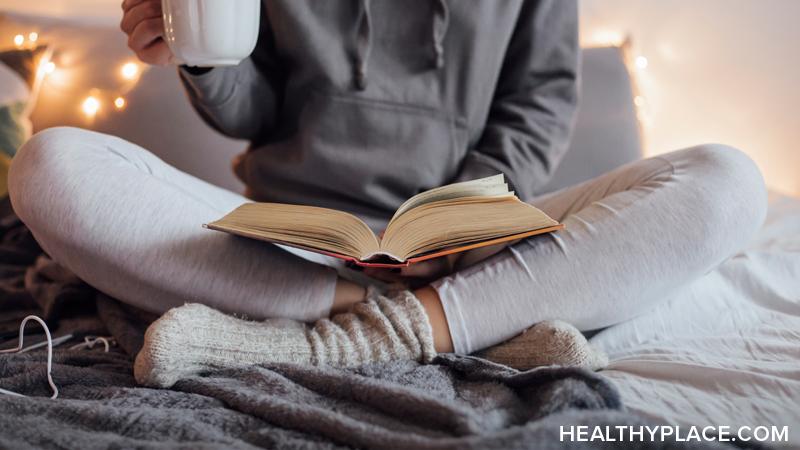What Is Bipolar Disorder Self-Help and Is It Really Helpful?
 Bipolar disorder self-help can be a very important part of achieving and maintaining wellness for those with bipolar disorder. While medication and therapy may be the most important formal treatments, self-help for bipolar can add to the improvements they make. Additionally, by employing self-help techniques for bipolar, you can feel more in control of bipolar disorder and your life.
Bipolar disorder self-help can be a very important part of achieving and maintaining wellness for those with bipolar disorder. While medication and therapy may be the most important formal treatments, self-help for bipolar can add to the improvements they make. Additionally, by employing self-help techniques for bipolar, you can feel more in control of bipolar disorder and your life.
What Is Bipolar Disorder Self-Help?
Self-help for bipolar disorder is anything that can be done on your own that may improve your bipolar disorder or your mental health in general. Self-help might be things that are solely personal, include interpersonal relationships or be information you supply to your doctors and other professionals to improve treatment. No matter what kind of self-help for bipolar you choose, it can help improve your condition and your quality of life.
What Are Examples of Self-Help for Bipolar Disorder?
Self-help for any mental illness runs the gamut from bipolar routines to types of communication skills. Not all self-help techniques are right for every person and it’s typically impossible to focus on all types of self-help at once. The best thing to do is to pick the self-help techniques that you think will help you the most and focus on them one at a time. Once the first one is becoming easy, then you can work on another.
Examples of self-help for bipolar disorder include:
- Learning how to spot and deal with bipolar triggers
- Learning about effective communication techniques for interpersonal or medical relationships
- Increased self-involvement in treatment
- Employing a healthy routine
- Improving sleep
- Learning how to track moods and using this information to improve treatment
- Various psychological and physical coping skills for bipolar disorder
There are many more self-help techniques available as well.
What Are the Benefits of Bipolar Disorder Self-Help?
One of the main benefits of using bipolar disorder self-help methods is that you will stop feeling so powerless in your treatment. When you’re always relying on doctors and therapists for help, it can seem like they have the power over you and your recovery, but this isn’t true. People with bipolar disorder typically do need the services of medical treatment and psychotherapy but personal coping skills are important, too.
Other benefits to bipolar disorder self-help include:
- Minimization of mood fluctuation
- Minimization of mood impact on the quality of life
- Improved relationships
- Improved treatment
How Can You Find Out More About Self-Help for Bipolar?
Here at HealthyPlace, we have a whole section on self-help for bipolar disorder. It includes topics like:
- How to Cope with Bipolar Disorder: Bipolar Coping Skills
- Bipolar Self Help, Support Groups: Where to Find One
- Bipolar Natural Treatment Diet: Does Diet Affect Bipolar?
- Bipolar Disorder and Sleep Problems: What to Do
- Bipolar self-help book recommendations
However, if this section doesn’t give you everything you need to practice self-help skills or if you are looking for more, the best place to get more information is from your therapist or doctor.
APA Reference
Tracy, N.
(2021, December 28). What Is Bipolar Disorder Self-Help and Is It Really Helpful?, HealthyPlace. Retrieved
on 2025, January 15 from https://www.healthyplace.com/self-help/bipolar-disorder/what-is-bipolar-disorder-self-help-and-is-it-really-helpful



